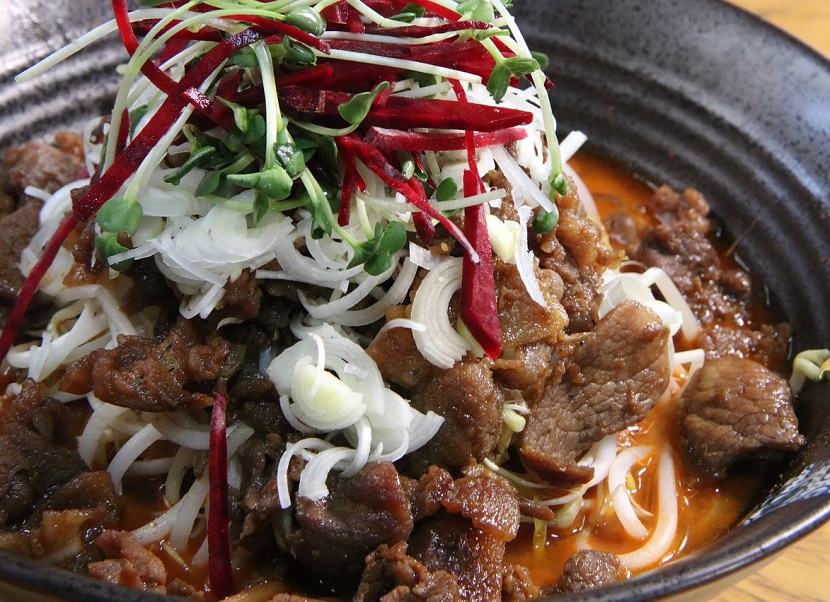Does imported meat from third countries in Europe respect animal welfare?

The European Union is the world’s largest food importer, importing significant and growing quantities of meat and meat products. Poultry meat is the most important import sector, with 985.38 thousand tonnes imported in 2023. The EU is also one of the world’s largest poultry meat producers and a net exporter of poultry products, with an annual production of around 13.4 million tonnes. The EU imports high-value poultry products, including breast meat and poultry preparations, which European consumers prefer, mainly from Brazil, Thailand and Ukraine, where production costs are much lower. The second most imported meat in the EU is beef, with 375.19 thousand tonnes of beef and veal imported in 2023.
Does imported meat from third countries meet EU animal welfare standards?
In terms of carcass weight, the first trading partner is the United Kingdom, which accounts for 28.3% of beef, followed immediately by South American countries, which together account for 57.1% of beef imports into the EU: Brazil (26.4%), Argentina (16.9%) and Uruguay (13.8%). Brazil and Argentina alone account for almost 44% of the value of imported beef, with the UK being the third most important trading partner, followed by Uruguay, the USA and Australia. As with poultry, it is mainly high-value cuts imported into the EU, meaning that competition from third countries has an even greater economic impact on EU producers. But does all this imported meat from third countries meet European animal welfare standards?
The EU is negotiating bilateral free trade agreements with these countries to facilitate trade. In these negotiations, the EU has tried to include provisions on issues such as animal welfare. However, these provisions often require cooperation between the parties, which means they are not binding rules. When it comes to animal welfare, imports from third countries are subject to their national legislation, and in many of the countries we import from, the legislation is limited.
The role of the WTO
Animal welfare is now recognised in World Trade Organisation (WTO) rules but is complex. In theory, EU countries with high animal welfare standards should impose identical standards on imported products. However, while a WTO member can ban questionable farming practices in its territory, it cannot restrict the import of products derived from these practices in other countries. Therefore, there is no guarantee that meat or live animals imported from third countries will meet the same standards imposed on EU producers.
In recent years, however, the WTO has made important decisions that are potentially more positive for animal welfare and the environment. In the case of poultry meat, for example, legislation on the protection of animals at the time of killing must be implemented by the third country in an ‘equivalent manner’. In the egg sector, the Commission seeks to glorify the EU’s ban on conventional battery cages in trade agreements, which came into force in 2012. Against this background, EU farmers, cooperatives, and organisations are promoting high animal welfare standards at the global level. They are working with EU stakeholders to encourage trading partners to respect higher health and welfare standards.
Import rules for meat are fully harmonised across EU Member States
Non-EU countries interested in exporting meat to the EU must follow specific guidelines to ensure their exports meet high hygiene, consumer safety, and animal health standards. For example, a Veterinary Certification is required to import fresh meat and meat products into the EU. The European Commission must recognise the competent authority of the non-EU country. This recognition ensures that the exporting country can meet the same standards as EU Member States. The EU emphasises quality management and process controls throughout the food chain, from farm to fork. Transparency in animal health, food safety, environmental standards, and animal welfare is crucial. The national competent veterinary authority must conduct all bilateral negotiations and dialogue on meat imports.
The idea of imposing the same animal welfare standards on imported products as those applied in the EU is a subject of ongoing discussion. The European Commission has been asked to assess the basis and legal feasibility of applying EU health and environmental standards, including animal welfare, to imported agricultural and food products. Applying EU animal welfare standards to imported animal products would consistently offer EU consumers the type of products they feel more ethically comfortable with. It would ensure that European consumption does not fuel inhumane and unsustainable production models beyond the EU’s borders.
However, it’s important to note that imported animal products currently escape most of the EU’s animal welfare rules. The review of EU animal welfare legislation should have addressed these arguments, with new animal welfare requirements as an opportunity for the EU to lead the global transition towards sustainable food systems. This includes considering a ban on cages, stocking densities and space allowances, mutilations, enrichment, and culling male chicks. However, any changes would need to be in line with WTO rules. It’s a complex issue, balancing the interests of consumers, producers and animals, and an area of active political debate.